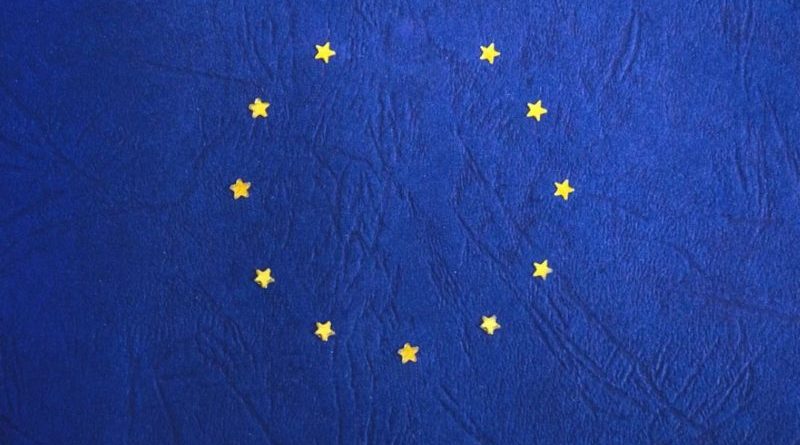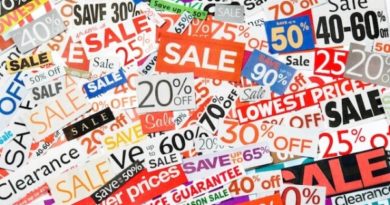Ask the Trade: Has Brexit influenced where and how people are spending money?
Following yesterday’s introduction discussion with our panel, today we explore if Brexit may mean UK cycle stores source more goods from domestic makers and if consumer spending has taken a confidence knock…
Has the referendum influenced your sourcing of goods, perhaps toward the introduction of more UK made goods?
Steve Baskerville, Bike Spanner
Swap to UK made goods… do they exist in good numbers? Our sourcing of non-core goods has changed, though we buy more from other retailers. You pay a little bit more, (sometimes less) but the goods arrive quicker, with no minimum order value and it’s all payment upfront, so less accounting work.
Paul Thrupp, Cycling 2000
Not at this stage, but long-term our pricing and trading agreements with suppliers, as well as availability, may change where we source product.
Richard Sault, Salt Dog Cycling
As more of a bike accessories shop, not really. Looking around the trade shows and talking within the industry I think, bike-wise at least, UK designed brands like Forme and Orro have really upped their game. Each is really well priced, high quality and with good ranges.
Ruth Hargreaves, JD Tandems
No, the vast majority of products we sell are sourced from the Far East and that has not changed.
Have you seen, or do you anticipate a change in consumer spending habits as a result of any of the factors associated with Brexit?
Steve Baskerville, Bike Spanner
Are people spending less? I’m not sure. Are they being more careful when they spend? Hell yes. We noticed a big shift in spending habits during the last quarter of 2017. Previously it was a case of pricing a job and getting an almost instant approval, even on the tasks we’d listed as advisable but not essential. Now we are asked more and more ‘do I really need XYZ done?’ Ultimately people are still spending, but every penny now needs to be justified.
Our Christmas pop up Muc-Off shop was a great example of this. During Christmas of 2016 there was little to no thinking involved in a purchase. People were buying two, maybe three gift packs at a time, without hesitation. Christmas 2017 was different. We had to work hard for every sale we got. We still saw good sales growth year-on-year, but it was much harder come by.
Paul Thrupp, Cycling 2000
No, I don’t see any change to consumer spending habits, but do believe that long-term Brexit may prove overall to be a good decision for the UK.
Richard Sault, Salt Dog Cycling
The uncertainty and worry running up to and around Brexit slowed sales, but as soon as a decision was made and people felt a bit more stable sales have grown. It has still been a bit bumpy. I think people’s concerns and worries about spending have been hugely driven by the media as soon as it stopped getting mentioned quite as much in the news people started spending. Going forward the main concern is stability of the pound and the market.
Ruth Hargreaves, JD Tandems
The uncertainty surrounding Brexit and the UK economy is crateing a more cautious approach to spending. A lot of our customers are of an age whereby they are financially secure and spending a couple of grand is not significant. Despite this, I am detecting a more conservative approach to spending. Pre-referendum we were experiencing higher growth than post referendum. Sales on interest free credit have increased, indicating that my customers are more inclined to keep hold of their cash.
What’s the importer’s take on any pros and cons?
Colin Williams, MD at FLi Distribution
I think it’s safe to say we’re all now importers in some form. Whether you’re a bike shop, a distributor, or even an end consumer, chances are you’re buying products from elsewhere within the EU. We had a quick think in the office and the number of cycle brands supplied direct to UK shops from the EU is a lot longer than even we’d realised, so most readers of this title will now be importers.
Our primary role at FLi is currently working as KTM’s UK agency. The bikes and all P&A are shipped from the factory in Austria direct to retailers in the UK. If we assume that Brexit means Brexit, means hard Brexit, and we’re going to leave the Customs Union and Single Market (by the time this gets read things could have changed) then this means that all our dealers could potentially have to handle the import, which means paying the VAT, duty and handling fees up front before the goods are released. Added to this, there may be associated delays, as things have to pass through customs at the new border.
Worst case, this could mean that the current agency business model used by a lot of brands ceases to be viable and they have to move back to having UK-based distributors with the associated impact costs for everyone in the supply chain.
As a business owner I’ve spent a lot of time looking at the potential impacts of all the different shades of Brexit being discussed and there do appear to be a lot of potential challenges to a UK cycle industry that is so heavily dependent on EU-based brands and assembly lines. However, the list of pros and cons is very hard to pin down to anything meaningful while we currently have no idea what Brexit will look like.



